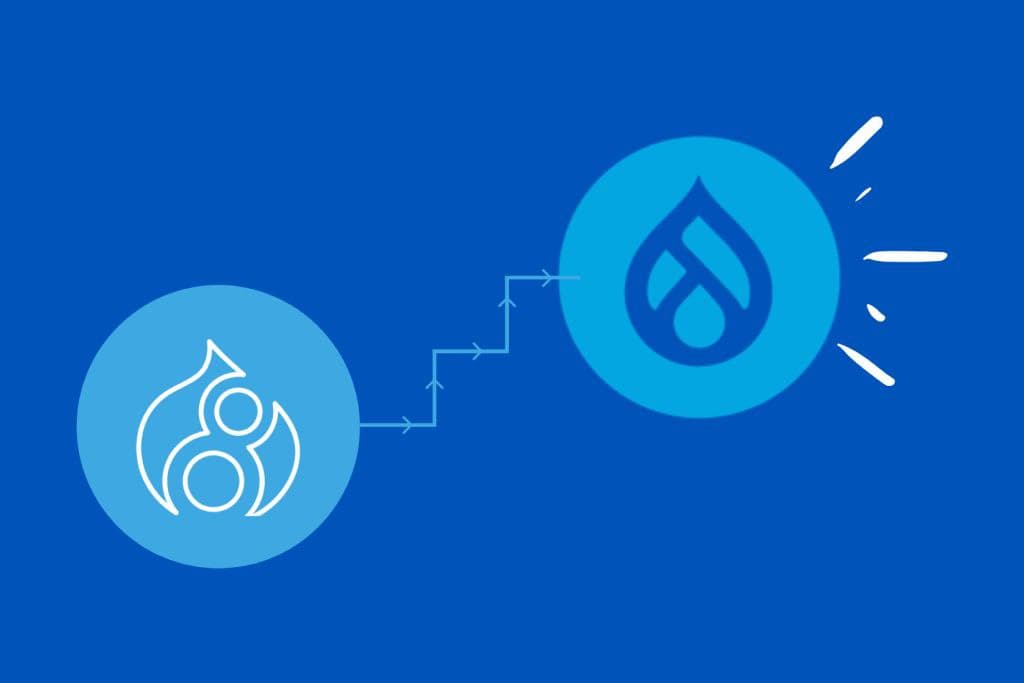Is it safe to stay on Drupal 7 after its end-of-life?

Is it safe to stay on Drupal 7 after its end-of-life?
Undoubtedly, Drupal is a widely used open-source content management system. However, the Drupal 7 version’s life is coming to an end, officially released on 5th January 2011. Now, what do we mean by the end of life? End-of-life means the official date the core Drupal team stops supporting a particular version of the content management system. November 2021 was the initial date for Drupal 7 end-of-life. However, the Covid pandemic that hit the businesses and their budgets, the Drupal team decided to extend their support till 28th November 2022.
The most awaited question that comes is- are you still a part of Drupal 7? If yes, what next? Have you given a chance of thought about the risk after its end-of-life? If not, you should think about it right away.
In this article, we will discuss-
Is it safe to stay on Drupal 7 after its EOL?
How protected is it to stay on Drupal 7?
This particular segment will help you to figure out whether you should adhere to Drupal 7 or not? But the difficulty arises, how will you perform this choice? Business organizations need to estimate the ongoing and up-gradation cost in comparison with the current state of things. Once estimation gets completed, business leaders will get an opportunity to project the break-even point for the up-gradation. Also, the projection of future security threats cost won’t get predicted as nobody knows how much will it cost in the future.
If the business organizations decide to stick with the Drupal 7 version, they must get aware of the risks.
Let’s dive into some of the risk factors:
Risks after Drupal 7 EOL:
Some of the common risks are as follows:
Security threats:
Websites based on Drupal 7 won’t get any security support for the core issues or contributed modules. Site maintainers will need the majority of their time to search security loopholes and fix them. If there are various contributed modules in the Drupal configuration, the risk gets compounded. No doubt, business organizations might hire a development agency allowing a helping hand to resolve the Drupal seven issues.
One of the advantages to upgrade from the 7 to 9 version is that you will get all the security updates and features.
Integration threats:
Another risk that accompanies the security threats is the integration threats. It will be difficult to maintain the status quo as the key integrations will start to fail. Organizations need to update the module or make a custom module to keep the integration work ongoing as the current version won’t be supported by the core Drupal team.
Functionality threats:
The Drupal community will eventually reduce the amount of activity spent on the core modules after their end-of-life. As a result, there won’t be any free updates. You will end up struggling to fix the bugs or hire an expert agency to work on behalf of your website. It will end up resulting in additional costs.
What’s your pick?
As mentioned earlier, it is difficult to predict a particular figure cost for an upgrade investment. However, we can understand the complexity of the business case based on the existing Drupal 7 solutions. We can tell you the complexity level, the number of modules used, and the nature of integrations.
If you are looking for an upgrade or want to stick to the existing version of Drupal, Infozion technologies is the correct place to solve your queries.





